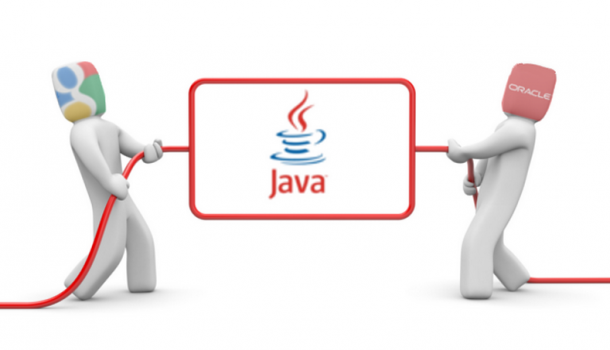As it has been known by all creatures on earth (maybe except lawyers), the U.S. Library of Congress issued a statement on Monday that legalized “jailbreaking” wireless telephone handsets.
It is no doubt a good news for jailbreakers, the unauthorized App developers, as well as iPhone buyers. Now you can strut up to the black corner of the computer arcade, looking straight inside the eyes of the guy who knows how to satisfy your desire (of anything that Jobs don’t want you do, such as watching flash video), and speak laudly: “break it, please.”
“Wait, wait! It’s an iPod … OK … if you like to call it iTouch, then it is an iTouch… It’s not an iPhone, I mean … not a telephone handset.”
“What?”
Let’s stop the drama and go back to the law:
At least from the literal meaning of the newly annouced exemption, iTouch owners may be excluded from the benificiaries. Here is the fulltext of the exemption:
… Persons making noninfringing uses of the following six classes of works will not be subject to the prohibition against circumventing access controls (17 U.S.C. § 1201(a)(1)) until the conclusion of the next rulemaking.
…
(2) Computer programs that enable wireless telephone handsets to execute software applications, where circumvention is accomplished for the sole purpose of enabling interoperability of such applications, when they have been lawfully obtained, with computer programs on the telephone handset.
…
Is an iTouch a “wireless telephone handset”? I don’t know. At least Apple, even before such exemption promulgated, has already said it isn’t a telephone – it is a great iPod, a pocket computer and a game player, but not a telephone… because only iPhone will be a telephone. (How about iPad 3G? Too big to be a “handset”?)
While in practice, if you do own an iTouch, you must have tried to make it being a telephone – The easiest way is to install a Skype. That dose not need jailbreak.
Recently, there is a more exciting way to turn iTouch to a telephone, a real GSM mobile phone. After jailbreaking, you may turn your iTouch to be a real telephone in the near future by wearing this: Apple Peel 520.
This adapter not only offers voice calling and text messaging (presumably requiring a jailbroken iPod touch for the apps; GPRS not possible yet), but it also doubles up as an 800mAh battery and provides 4.5 hours of call time or 120 hours of standby juice.
[kml_flashembed movie="http://www.youtube.com/v/0oHkSZcI1lY" width="425" height="350" wmode="transparent" /]
This is interesting… And by the way, this is made in China. China do have the regulation prohibiting the circumvention tools. While such regulation does not have a mechanism of the administrative exemption. It’s hard to say whether the copyright law can be used to prohibit the distribution of Apple Peel 520. In fact, from my knowledge, another heavier sword over Apple Peel would be: “Network Access License for Telecommunication”, which is issued by the Ministry of Industry and Information Technology. Each model of cellphone must be licensed before being sold legally in China…again, license issued by the government might be a bigger problem than the copyright license.
BTW, “520” means “I love you” in Chinese SMS language.



